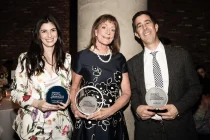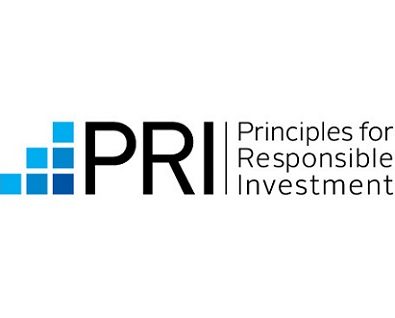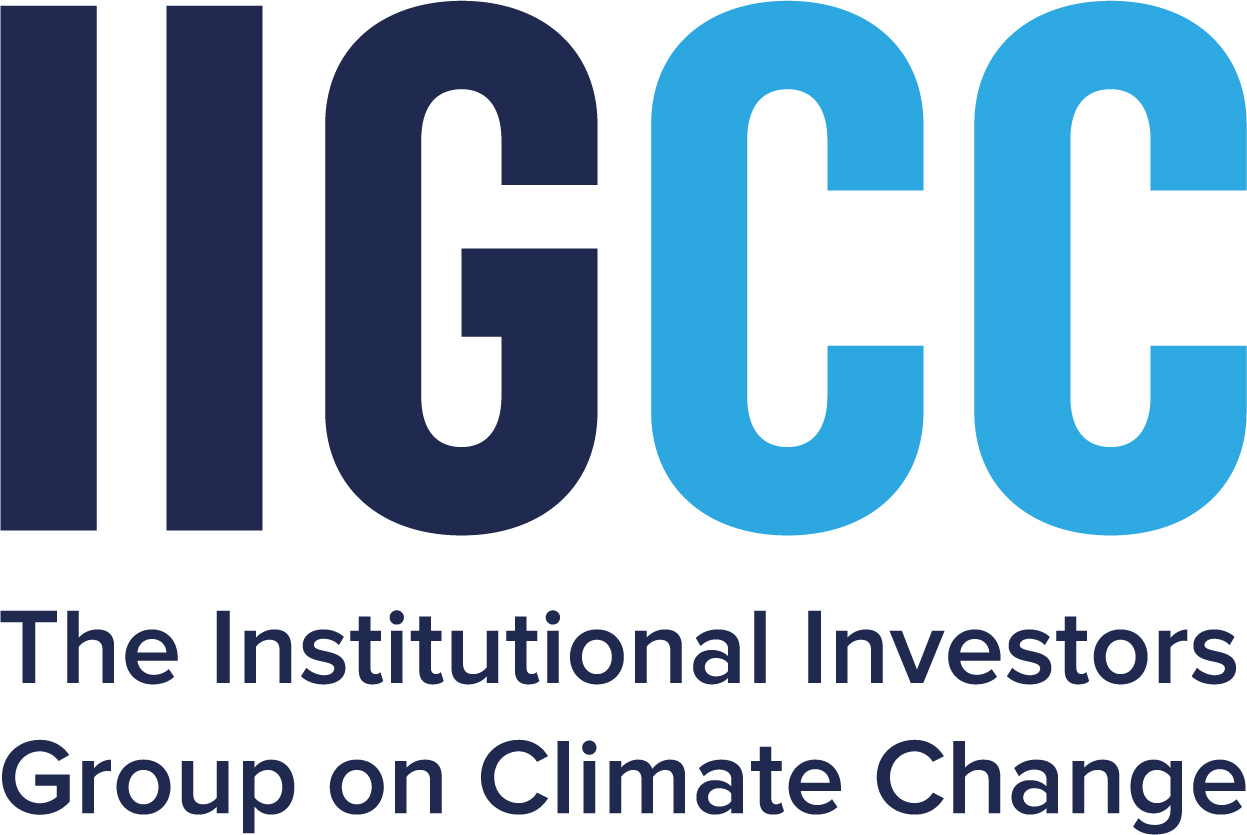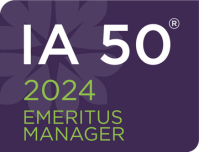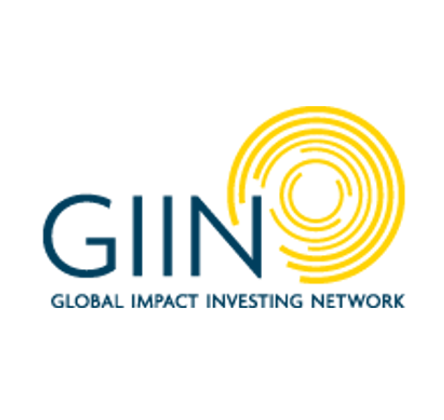Impact Capital Managers (ICM), a network of impact-focused venture capital and private equity funds, is out to disprove the notion that investing for impact requires sacrificing financial return. On the contrary, ICM members aim to match or exceed the overall performance of the market, and they believe social and environmental objectives contribute to their success.
ICM members invest in companies across a wide range of growth stages and industries, including several with conservation-oriented missions. Their work sheds light on how this growing branch of impact investing can help address conservation challenges.
The Prominence of Market-Rate Impact Investing
Since launching in April 2018, the ICM network has grown from 25 funds with a combined $5 billion under management to 40 funds representing over $11 billion of impact capital. Its members, based in North America, span the gamut of market-rate impact investors. The network includes venture capital firms that helped establish the field, like DBL Partners, SJF Ventures and Bridges Fund Management, along with mainstream financial institutions that more recently embraced impact investing, including the TPG Rise Fund and Bain Capital Double Impact.
{…}
Portfolio Company Engagement
When the opportunity arises, impact venture capital funds can contribute environmental expertise to assist portfolio companies in targeting new, conservation-oriented business opportunities. For example, DBL Partners, an ICM member, leveraged its knowledge of organic and environmentally sustainable farming after investing in Farmers Business Network (FBN), an ag-tech company that uses machine learning to analyze aggregated data from its member farmers. FBN provides farmers with democratized information that improves outcomes by enabling better operational decisions, including fertilizer application, land use practices and seed selection.
DBL has been a key investor in FBN since June of 2014 and a board member since 2015. During that time, DBL has engaged in an ongoing dialogue with FBN’s leadership about the company’s potential to address key issues in farming today, including worker access to healthcare and the shift to sustainable farming practices. In part due to these conversations, FBN introduced a health insurance product for the families of its members in 2018. That same year, FBN acquired AgriSecure, a startup that helps farmers of large row crops switch to organic production.
“After the acquisition, we felt empowered as a board member to advocate for the business opportunity presented by organic production,” said Nancy Pfund, founder and managing partner at DBL. “We worked with the leadership at FBN to publish a white paper explaining the process of going organic and why it was compelling. The paper provided a well-researched, effective communication tool to market the new organic dimension of their platform.”
The paper, “Got Organic? Welcome to the Age of 21st Century Organic Farming,” outlines the economic opportunity presented by organic farming and provides a roadmap for conventional row crop farmers interested in transitioning. Since its release to more than 3,000 farmers at the December 2018 Farmer2Farmer conference in Omaha, Nebraska, the paper has helped increase interest in organic production across the FBN network, and the company now plans to organize additional educational opportunities for farmers. For example, DBL and FBN are organizing a workshop and organic farm tour during the summer of 2019 in Nebraska that will include traditional and organic farmers along with public and private entities engaged in farm finance.
To read the full article, visit Conservation Finance Network



